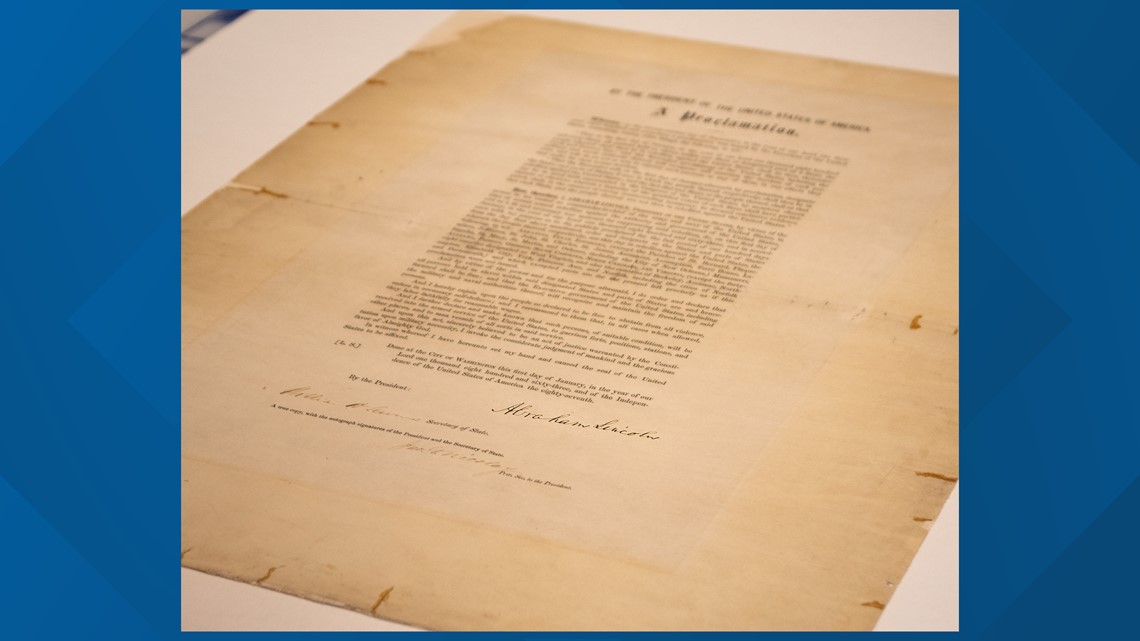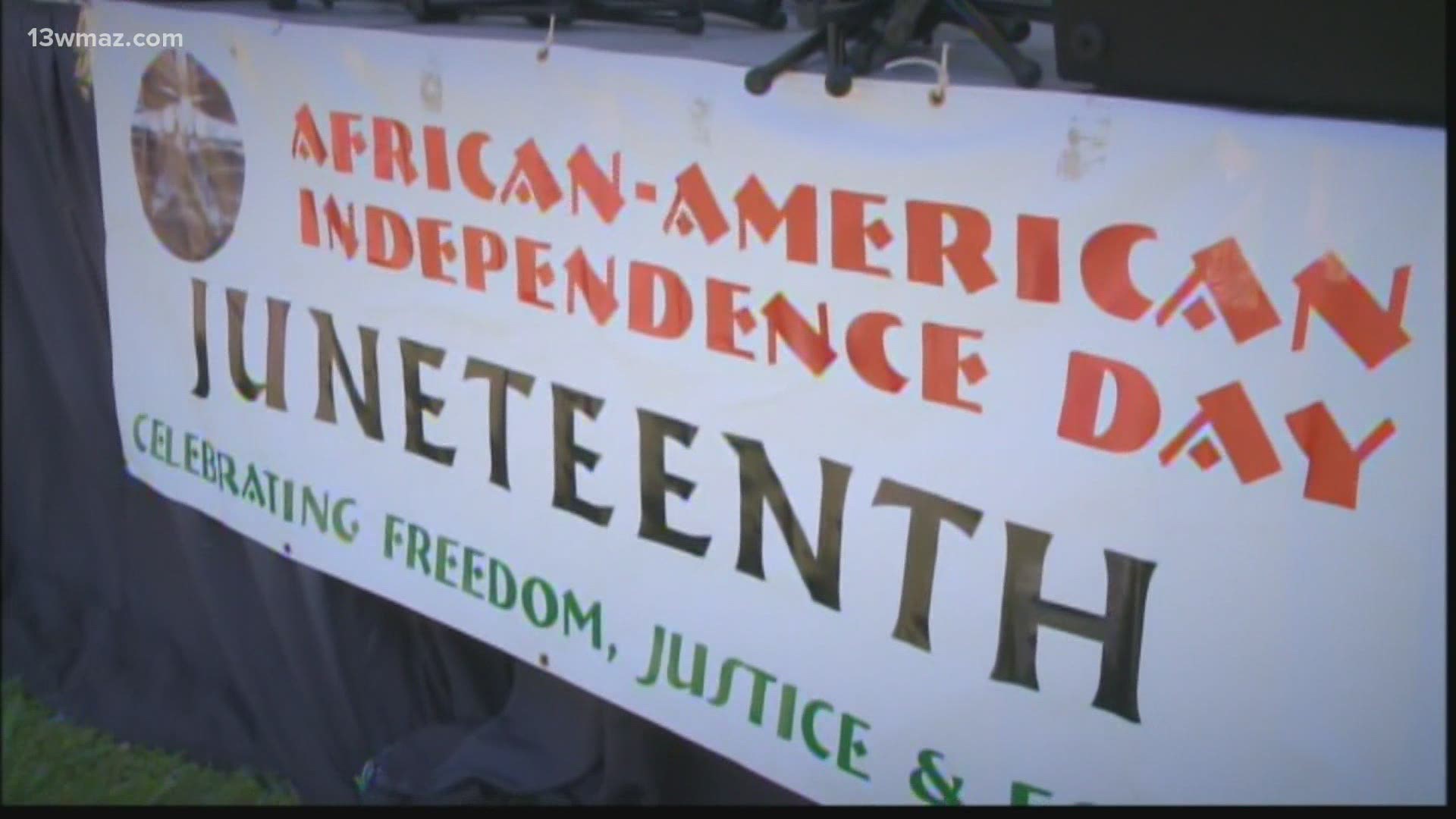The Senate voted by unanimous consent agreement Tuesday to pass the "Juneteenth National Independence Day Act," to make Juneteenth a federal holiday. Now the bill will head to the Democratic-led House, where it will likely be approved, though the timing on that is still uncertain, as the Washington Post noted..
The bill would lead to Juneteenth becoming the 12th federal holiday. If it passes the House, which it is expected to do easily, it would then be sent to President Joe Biden for his signature.
The day represents when the last enslaved Black people in Galveston, Texas, learned on June 19, 1865, that they had been freed by proclamation. It came more than two and a half years after President Abraham Lincoln signed the Emancipation Proclamation. The day was also months after the Civil War had ended.
Confederate soldiers surrendered in April 1865, but word didn’t reach the last enslaved Black people until June 19, when Union soldiers brought the news of freedom to Texas.
Senate Majority Leader Chuck Schumer, D-N.Y., said, “Making Juneteenth a federal holiday is a major step forward to recognize the wrongs of the past."
The bill, sponsored by Sen. Edward Markey, D-Mass, had a version introduced on Feb. 25, and passed just days ahead of this year's celebration this coming Saturday.
Sen. John Cornyn, R-Texas, said, "Happy that my bill to recognize Juneteenth as a national holiday just passed the Senate. It has been a state holiday in Texas for more than 40 years. Now more than ever, we need to learn from our history and continue to form a more perfect union."
Juneteenth has already been commemorated in 49 states along with the District of Colombia.
The bill, passed under unanimous consent agreement, expedites the process for considering legislation. It only takes one senator's objection to block agreements like these.
In June 2020, lawmakers attempted to pass a version of the bill with unanimous consent but it was blocked by Sen. Ron Johnson, R-Wisc., as ABC News and others reported at the time. Johnson indicated Tuesday he would not attempt to block it again even though he reportedly hadn't changed his opposition to the legislation.
Johnson expressed his concern over the measure's cost, but didn't want to debate the issue further, Forbes noted.
“While it still seems strange that having taxpayers provide federal employees paid time off is now required to celebrate the end of slavery, it is clear that there is no appetite in Congress to further discuss the matter. Therefore, I do not intend to object,” Johnson said in a statement before Tuesday's vote.


A poll by Gallup released Tuesday found that more Americans they reached out to favored making Juneteenth a national holiday, than those who opposed the move. Gallup found that almost 35% of Americans polled thought Juneteenth should be a federal holiday. The poll also found that around 25% expressed opposition to the measure. Forty percent said they were undecided, the Hill reported.
The vast majority of states recognize Juneteenth as a holiday or have an official observance of the day, and most states hold celebrations.
Under the legislation, the federal holiday would be known as Juneteenth National Independence Day.
The Associated Press contributed to this report.

